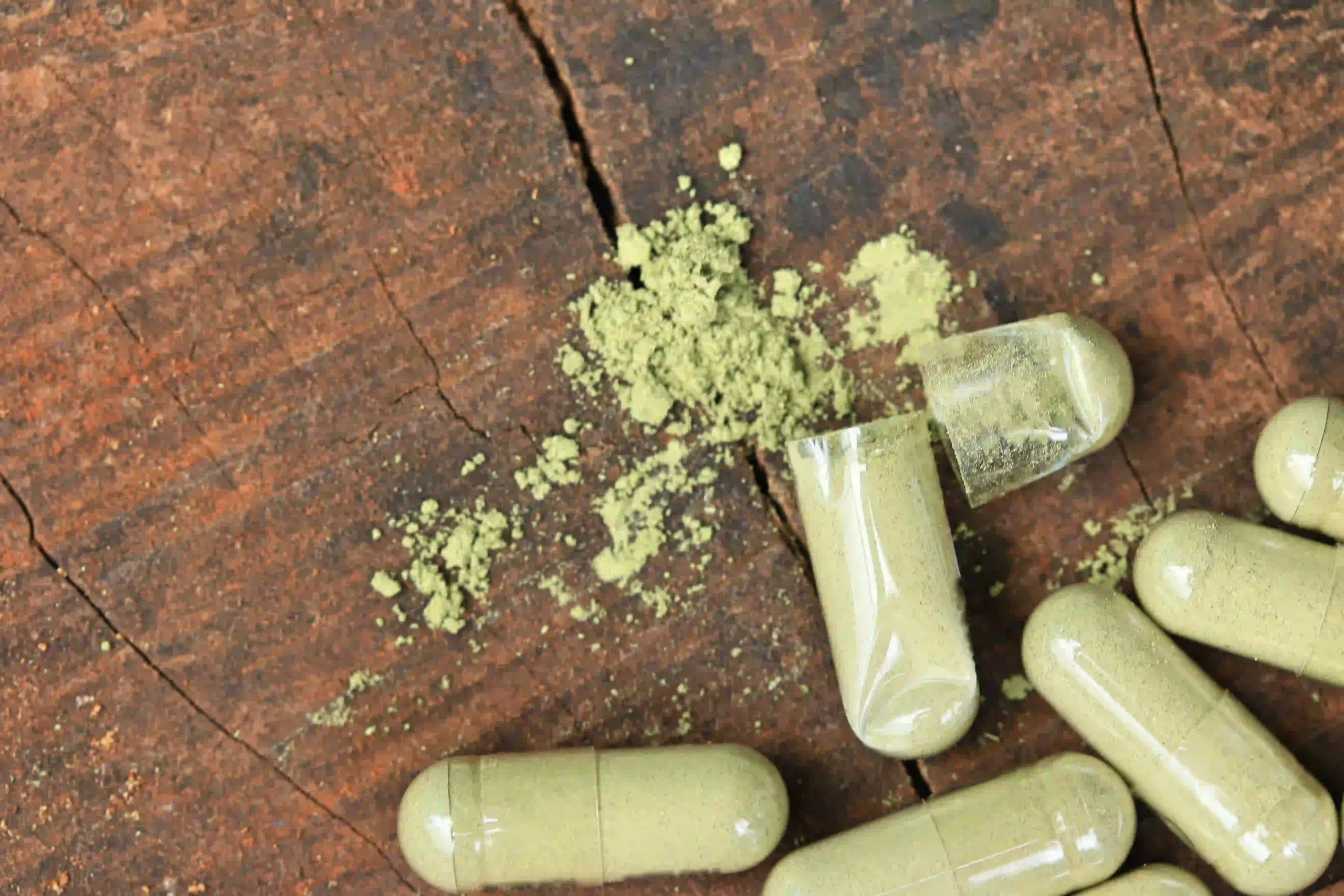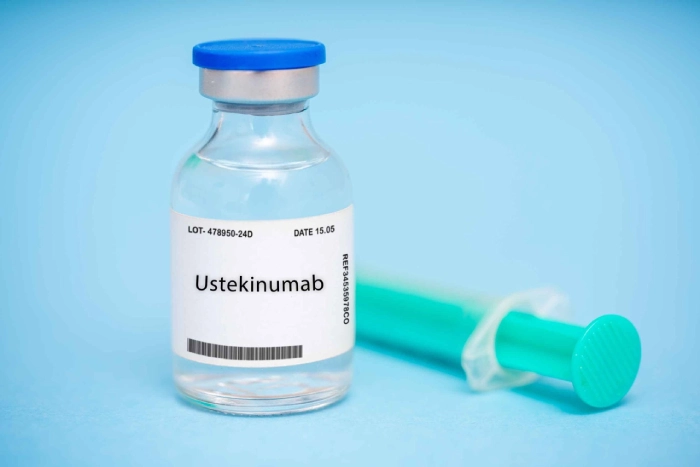Lupin Pharmaceuticals’ Blood Pressure Medication, Ramipril, Affected by Unapproved Ingredient Manufacturer
More than 600,000 bottles of a blood pressure medication have been recalled across the United States due to concerns about potential contamination. Ramipril, a drug used by over 2.4 million Americans annually to treat high blood pressure, works by relaxing blood vessels to improve blood flow. The recall was issued by the FDA after it was discovered that the drug’s ingredients came from a vendor in India whose facility had not been inspected or authorized by the agency.
Although the recall has raised concerns about the safety of the drug, the FDA stated that the overall risk to public health is minimal, with no adverse incidents reported so far. The affected capsules, manufactured by Lupin Pharmaceuticals, come in strengths of 2.5 mg, 5 mg, and 10 mg, and are sold in bottles containing 90, 100, or 500 capsules. The expiration dates for these products extend through July 2026.
The recall first involved the 5 mg and 10 mg capsules, which was expanded on November 19 to include the 2.5 mg dose. These products were made in Goa, India, and distributed across the United States. The recall was prompted after an FDA inspection revealed that the active pharmaceutical ingredient (API) in the capsules was sourced from a manufacturer that had not been approved by the agency. This led to the classification of the recall as a Class II, meaning the risk of severe injury or death is low.
The recall affects a significant number of products, with 350,000 bottles of the 10 mg capsules, 146,000 bottles of the 5 mg capsules, and 110,000 bottles of the 2.5 mg capsules being recalled. These products were sold by multiple, unnamed vendors across the country. Consumers are advised to return the recalled products for a full refund or dispose of them safely. Additionally, the FDA recommends that patients consult with their healthcare providers about next steps and alternative prescriptions.
Interestingly, this recall follows a similar incident just weeks earlier when Dr. Reddy’s Laboratories recalled 331,500 bottles of cinacalcet tablets, a medication used to treat hyperparathyroidism. These tablets were found to contain high levels of a nitrosamine impurity, which is known to be cancer-causing. This too was classified as a Class II recall. Additionally, last year, the U.S. saw a widespread recall of over-the-counter eye drops made in India, which were contaminated with harmful bacteria, resulting in several deaths and severe infections.
Commentary by YourDailyFit columnist Alice Winters:

This latest recall highlights several ongoing concerns regarding the pharmaceutical supply chain, particularly with regards to quality control and regulatory oversight. While the immediate health risks associated with the Ramipril recall are described as minimal, the larger context of contamination issues, particularly from Indian manufacturers, is troubling. The fact that Lupin Pharmaceuticals used ingredients from an unapproved manufacturer raises questions about how thoroughly these products are monitored, especially when the FDA had not inspected the facility where the API was produced.
The recall’s classification as a “Class II” action—meaning the risk to consumers is considered low—suggests that the capsules themselves are unlikely to cause significant harm under normal use. However, the chain of events leading up to this recall underscores the broader vulnerabilities in the pharmaceutical manufacturing process. With nearly 600,000 bottles affected, it is clear that even minor lapses in manufacturing protocols can have large-scale consequences.
Consumers are urged to return the affected products, but there is also a deeper, systemic issue here about ensuring greater transparency and rigorous oversight of pharmaceutical manufacturers worldwide. This issue isn’t isolated—just weeks ago, a separate recall involving Dr. Reddy’s Laboratories raised similar concerns about the contamination of medication with carcinogenic impurities. Additionally, the eye drops incident from the previous year serves as a stark reminder of the potential for dire health consequences when manufacturing standards fail.
The FDA’s actions in addressing these recalls are commendable, but they also underscore the critical need for continued vigilance and reform within the global pharmaceutical supply chain. The repeated instances of contamination, particularly from certain overseas manufacturers, indicate that the FDA may need to increase its inspection frequency and tighten approval processes for foreign plants. At the same time, it raises the question of whether U.S. pharmaceutical companies are doing enough to ensure the safety and integrity of their products, especially when relying on ingredients sourced from countries with looser regulatory standards.
This situation may also raise questions for consumers about the safety and efficacy of medications manufactured abroad. While Ramipril’s recall doesn’t point directly to a widespread manufacturing issue at Lupin, it highlights the importance of ensuring that the raw ingredients used in medicines meet the highest standards of safety and regulatory compliance. The prevalence of such recalls, especially involving foreign manufacturers, is a trend that needs closer scrutiny to ensure public health is adequately protected.
In conclusion, while the immediate health threat posed by this recall is low, it reflects ongoing, systemic issues that need addressing, from regulatory oversight to the complexity of global supply chains in the pharmaceutical industry. Consumers, healthcare providers, and regulators must work together to ensure these issues do not escalate further.



